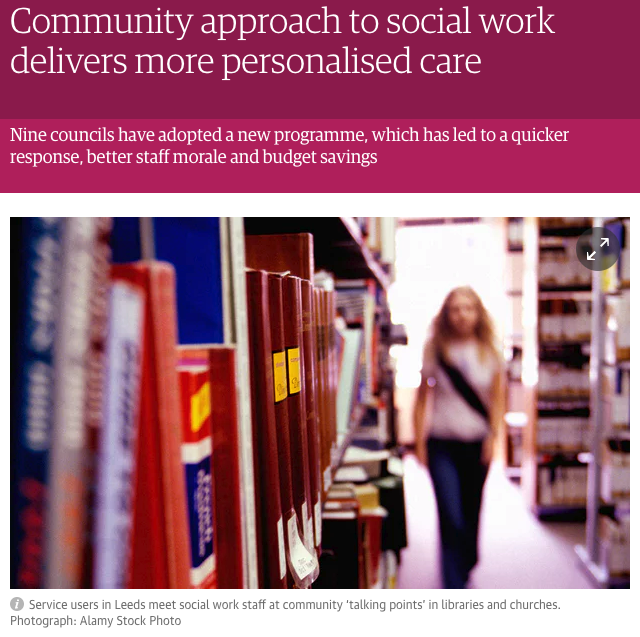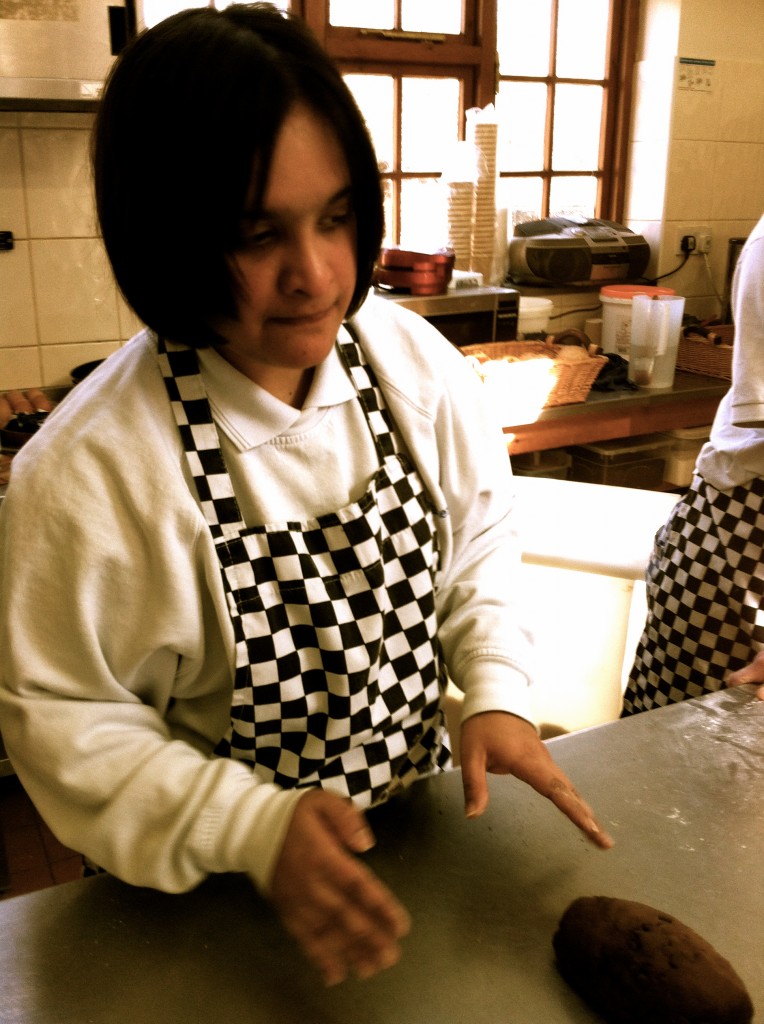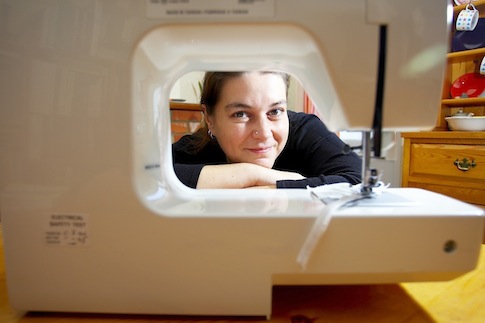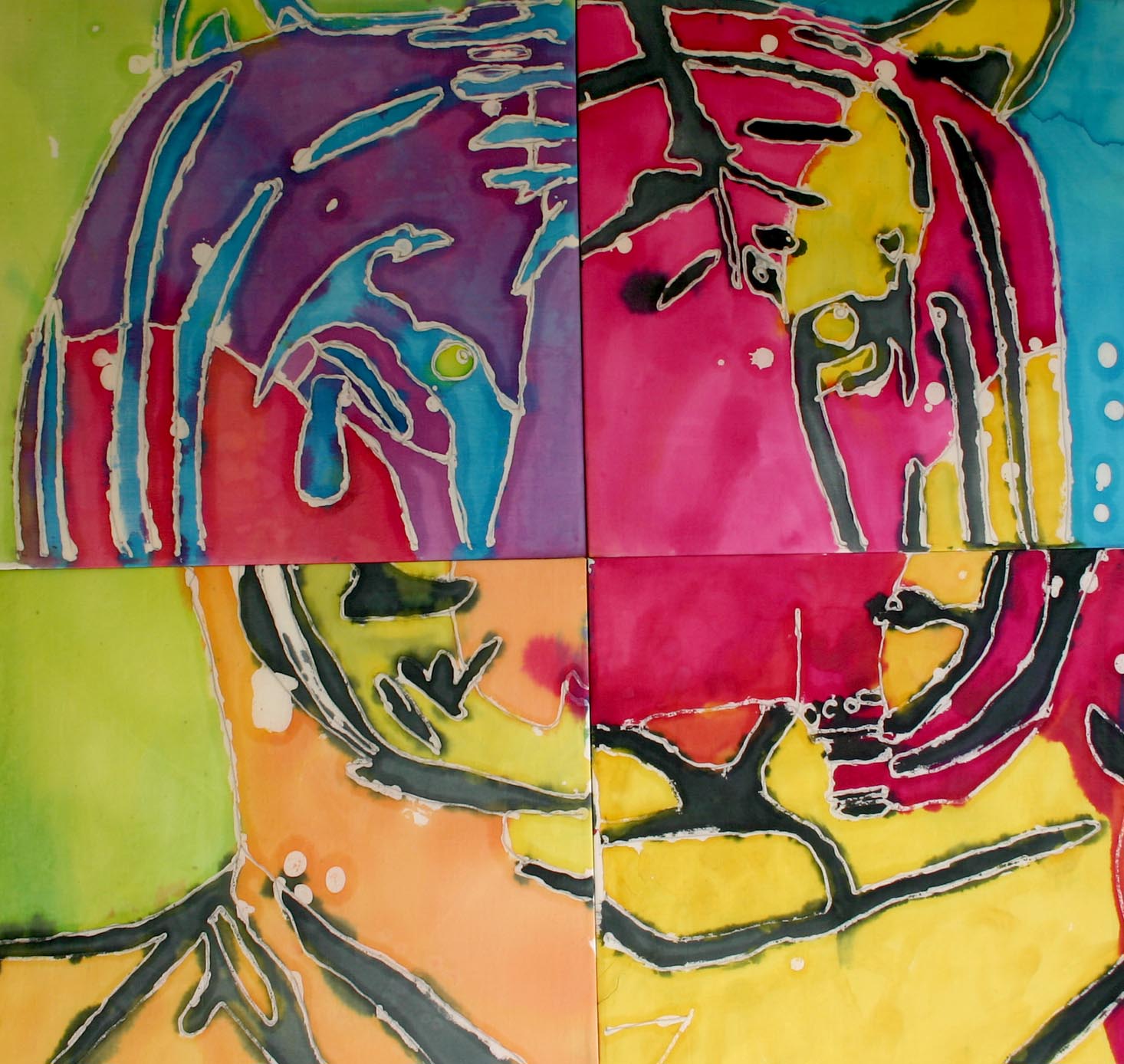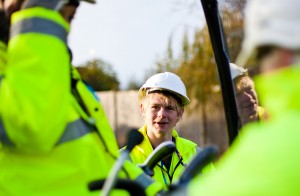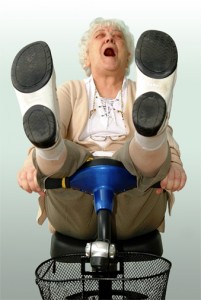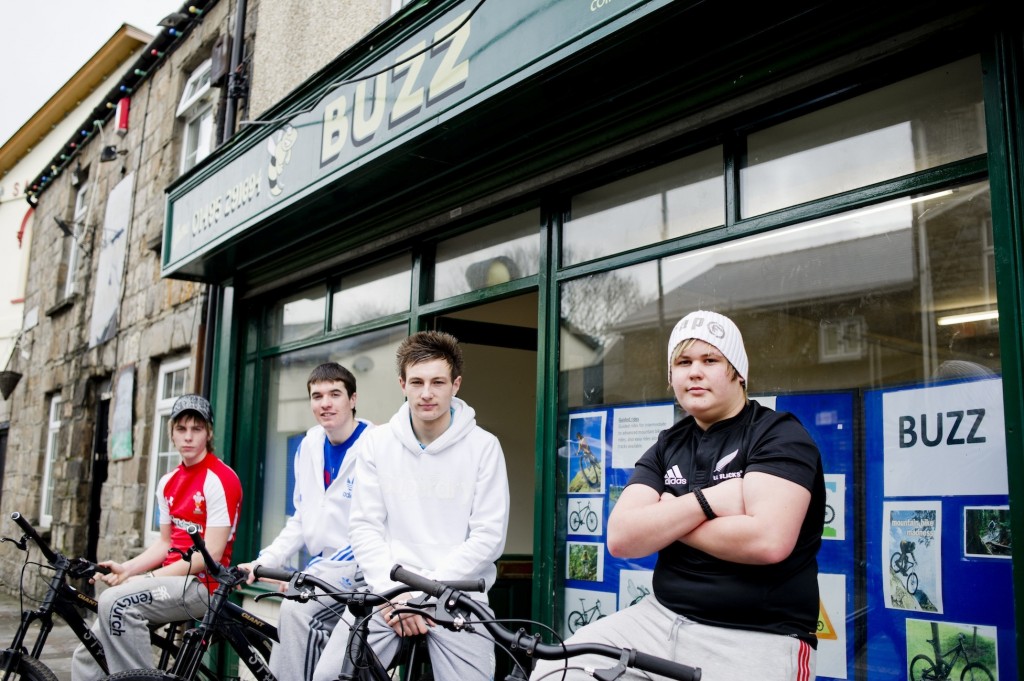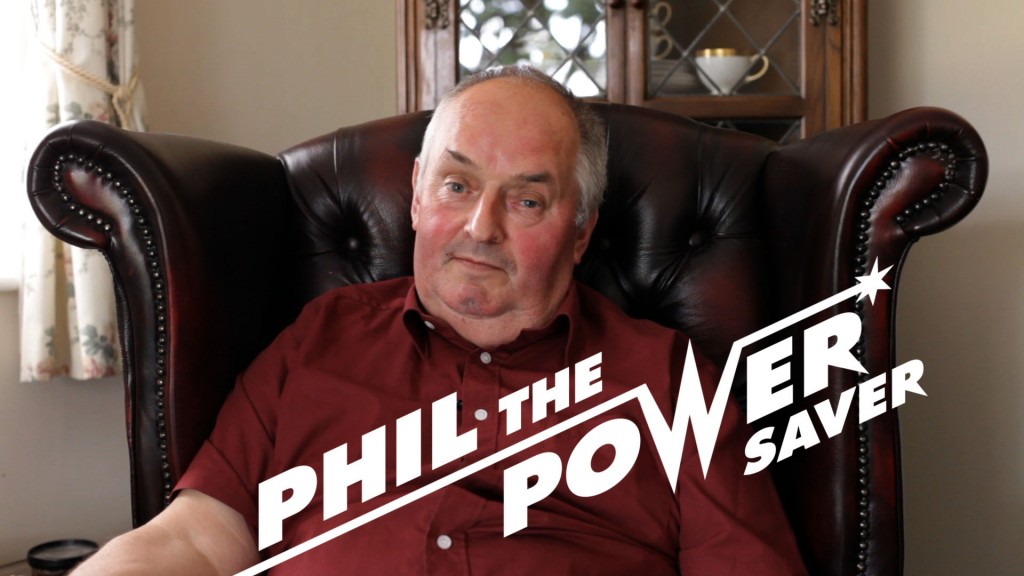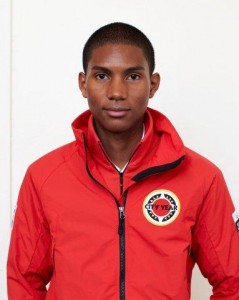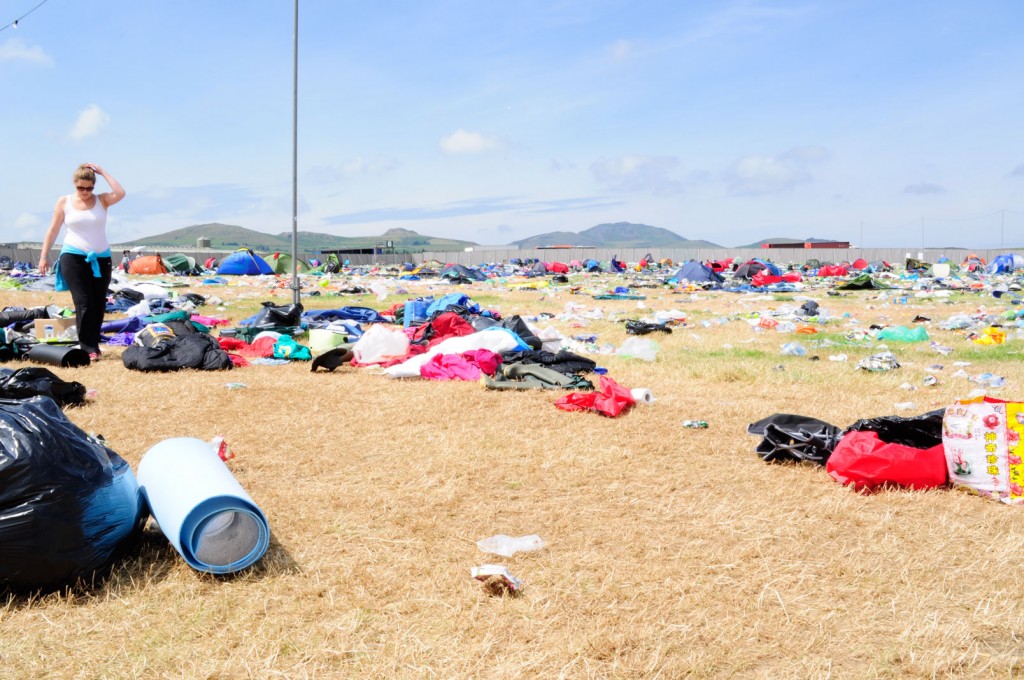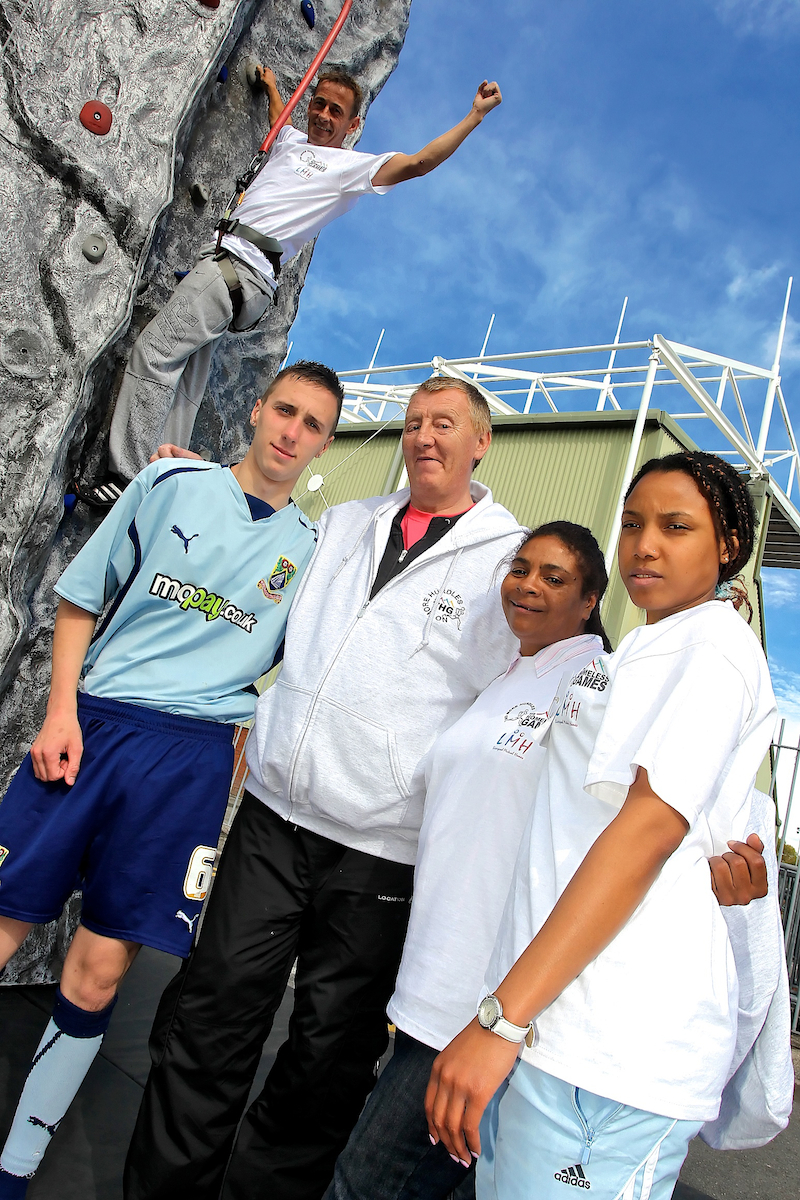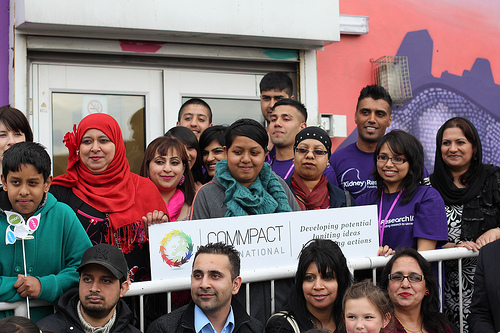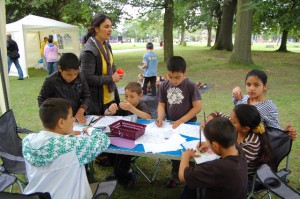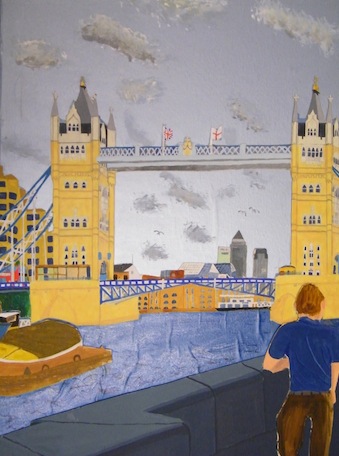If you need social care support, why can’t services respond better to your individual aspirations – instead of fitting you into what’s already on offer?
This aim – shifting traditional social work practice to “community led” methods – is at the heart of a new programme I’ve just reported on.
Leeds is one of nine local authorities changing adult social care by developing community-led social work (in a nutshell – more local solutions). The councils are being supported in this drive by social inclusion charity National Development Team for Inclusion’s community-led support (CLS) programme. NDTi has just published an evaluation from the first year of delivery in the participating areas
Gail*, for example, has a learning difficulty, mobility problems and is prone to angry outbursts. Leeds council adult social care staff have supported her intermittently over a few years, helping with self-care and chaotic living conditions.
Recently, it considered commissioning weekly visits from a support worker to help Gail manage her home. But instead, under a new approach launched in Leeds last year, Gail met social work staff at community “talking points” – venues such as libraries and churches instead of at home or at the council. The neutral environment sparked different conversations about support. Gail said she wanted to volunteer and staff felt able to be more creative with her care.
A social worker supported Gail to explore opportunities at her community centre, where she began volunteering. Her self-esteem has grown, her personal appearance has improved and she has begun anger management classes.
Feedback from people like Gail involved in the new support method includes comments about staff such as “they listened to me” and “we did talk about the important things”.
The concept of community social work is not new, but demand for social care, pressure on staff and funding cuts mean less time and freedom to develop innovative solutions. The 2014 Care Act encourages community-focused support, but this has been hard to achieve. A difficulty in developing “strengths-based” solutions is well documented, for example, in recent guidance from Think Local Act Personal.
At Leeds, adult social services director Cath Roff says the council had two choices: “Either we go down the road of ever-tightening interpretation of eligibility criteria to manage resources, or try a new approach. Social work services are increasingly becoming the ‘border patrol’, policing in order to manage reducing budgets. None of us came into social care to do that.”
Read the rest of the piece here
*not her real name

